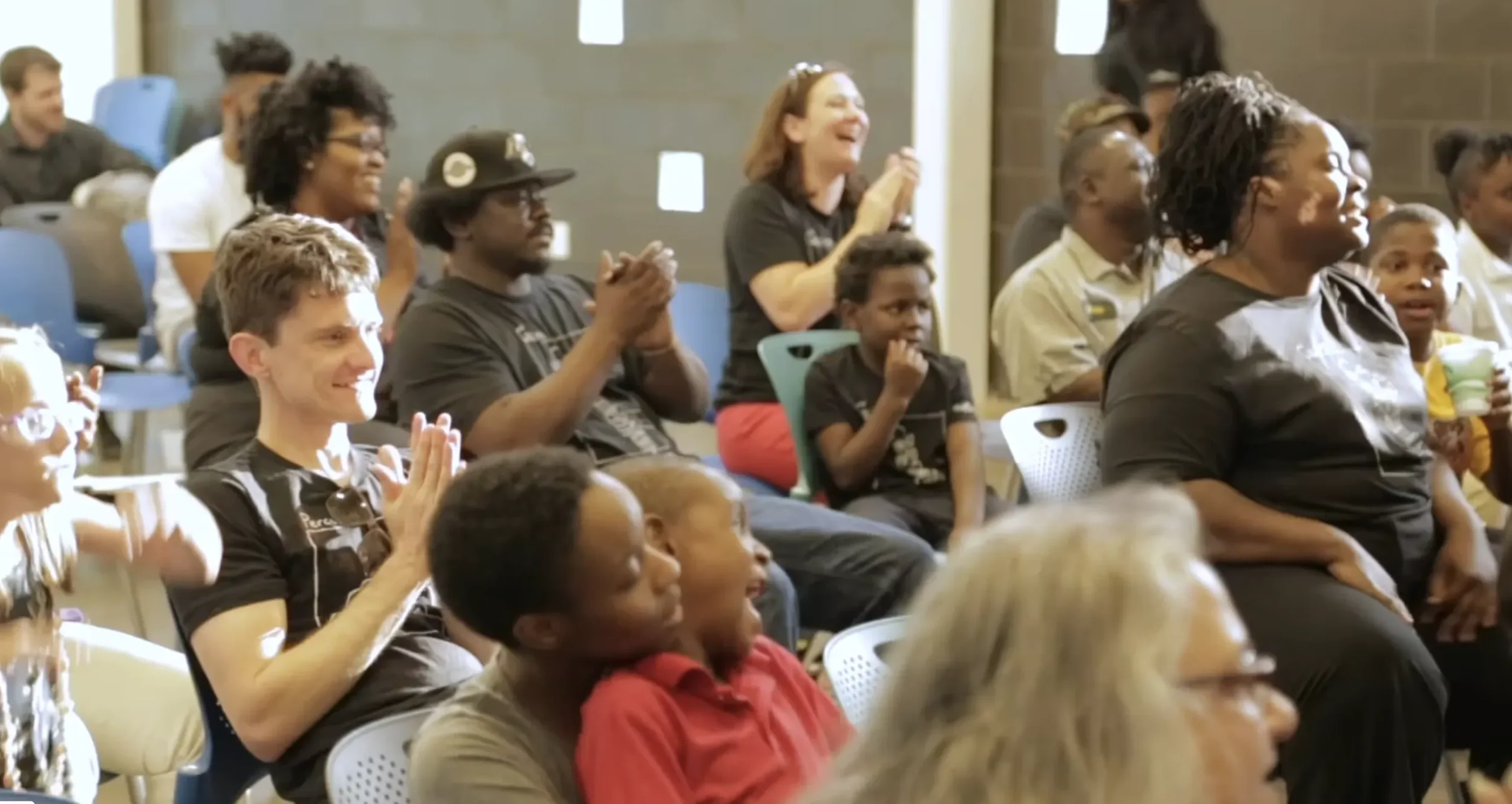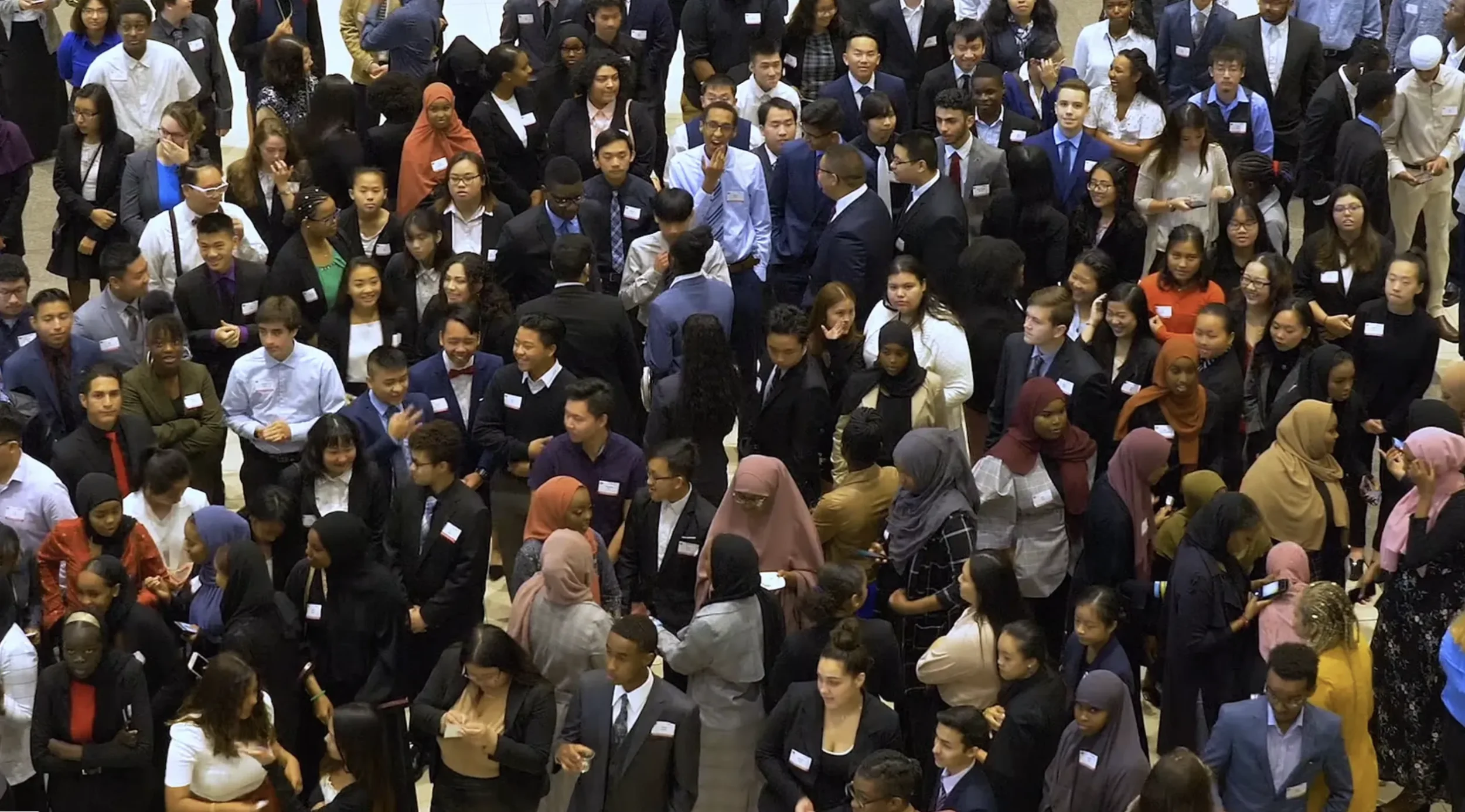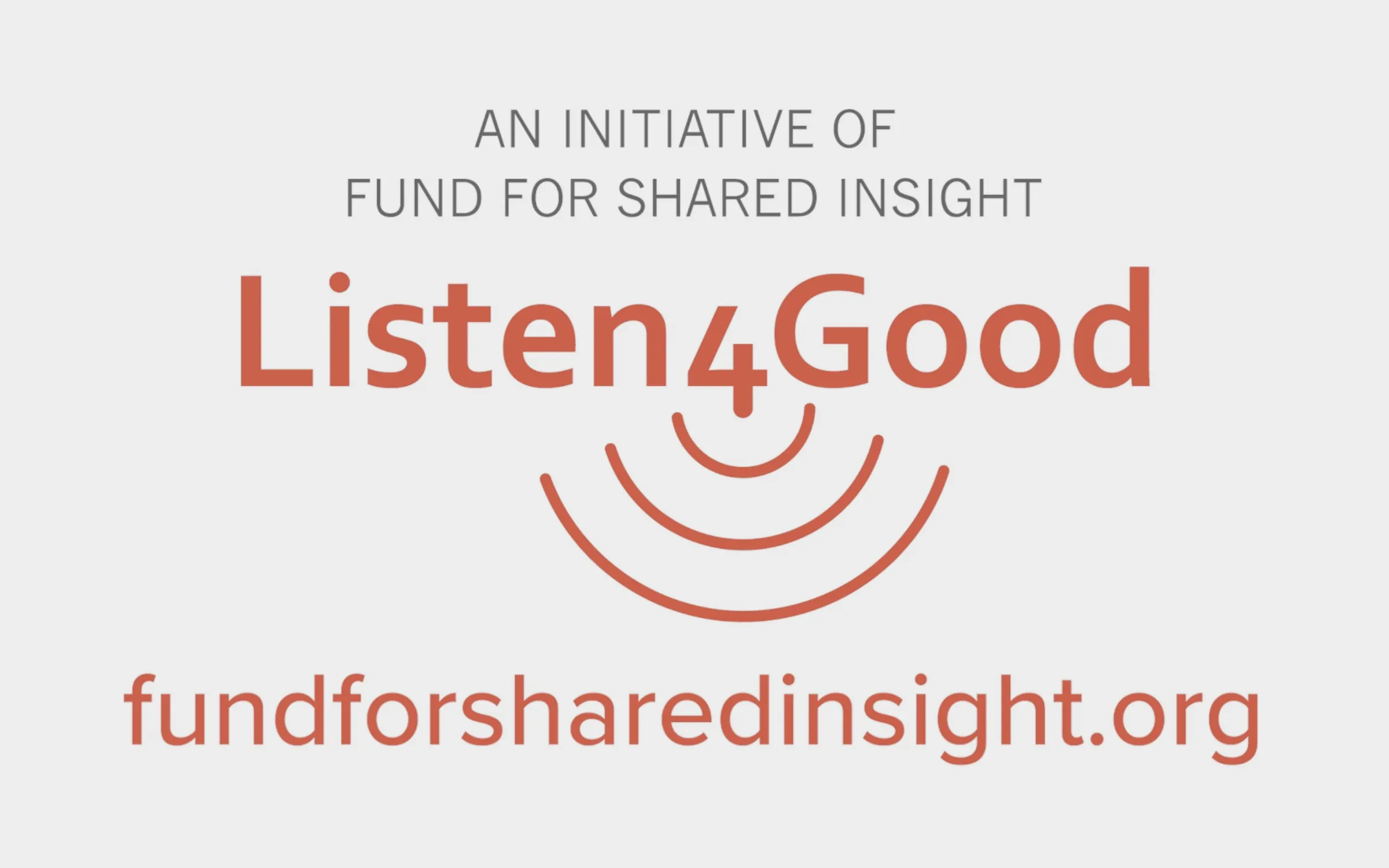What kind of feedback promotes equity?
The Listen4Good team at Fund for Shared Insight is wrestling with this question. We care deeply about its answer for two reasons. At Listen4Good, we are all about high-quality feedback loops – we’ve spent the past four years supporting more than 200 nonprofit partners as they listen to client voices and make changes based upon client feedback. Also, simply put, we care about equity – we recognize the historical and current inequities (especially racial inequities) in the United States and want those least heard to be empowered and to benefit from better, more equitable outcomes.
But we also recognize that the relationship between feedback and equity – like most things in the world – is nuanced. The key component of our Listen4Good feedback program is a written survey that clients at nonprofits fill out anonymously. The responses are then meant to inform an organization’s decision-making and, indeed, we have seen plenty of examples of feedback’s tangible impact on how nonprofits do their work, deliver services, and relate to clients. We’ve also seen high-quality feedback loops lead to more respectful, inclusive, and effective programming. That’s certainly a good thing, but it is not necessarily equity. So here we have to ask ourselves: Along with these other potential positive outcomes, are we really saying that our feedback process — with a survey tool at its core — promotes equity? We want to be honest about what we can claim as a feedback-focused initiative and, in turn, what participation in Listen4Good might yield for organizations.
Our conclusion is that feedback loops done well and in select circumstances can promote equity but it is not a guaranteed outcome.
When feedback loops are implemented in certain organizational contexts – such as those that foster inclusion, collaboration, inquiry, and openness — and married with additional opportunities for clients to have collective voice or participate in decision-making, they can empower participants and begin to shift power dynamics within an organization.
So, what does this mean for how we do our work?
First and foremost, we’ve agreed to honor that our primary goal is to focus on high-quality feedback loops.
Why? Because we think that listening always matters, listening well matters, and every organization can fairly quickly and easily start listening. In our work, we’ve defined listening through feedback as a five-step process by which organizations:
- Design a relevant survey aimed at hearing from all voices, especially those on the margins;
- Administer it in ways that are accessible to all;
- Analyze results with an emphasis on looking for any differential experiences by client demographics;
- Act on the feedback received and engage clients along the way; and
- Close the loop with clients, letting them know how the organization is responding to their feedback.
These five steps are not complicated and we believe they provide a structure and ongoing system that has the potential to embed inclusive and potentially equitable practices within an organization.
Second, we are making deliberate changes to our program in a continuing effort to include an equity perspective in our work. For example, demographic questions on the Listen4Good client surveys used to be optional. Now we require the surveys to include three core demographic questions so that every participating organization receives data that allow them to cross-reference responses by race and ethnicity, gender, and age. We are also celebrating and promoting efforts to boost client participation by offering resources to help guide organizations to more deeply involve clients in decision-making and providing input in other ways, beyond the feedback survey.
We’re encouraged that some of our Listen4Good nonprofit partners are using feedback data to surface disparities among the reported experiences of clients from different backgrounds.
We see them thinking critically about how to make programs more accessible and inclusive, for example, by hiring multilingual staff or providing needed transportation. And we’ve seen organizations go beyond program improvements, beginning to address the power structures within their own organizations by bringing clients and community members onto boards, hiring them as staff, including them on committees, or setting up advisory councils to provide expertise and insights on broad organizational priorities, such as program strategy.
It is clear that all these kinds of changes are positive even as we recognize that some promote equity more definitively than others. As more and more organizations seek to honor each voice in their community — and as we continue our own Listen4Good equity journey — we see that high-quality feedback, fully embraced, offers a productive path towards greater inclusion and equity.

Valerie Threlfall
Valerie is managing director of Fund for Shared Insight’s Listen4Good. She is an independent consultant focused on strategy development and performance measurement design for nonprofit organizations. She is founder and principal at Ekouté, a firm built on her leadership in the feedback space.

June Wang
June is a senior portfolio manager and coach for Fund for Shared Insight’s Listen4Good. An independent consultant, she works to improve organizational processes, facilitate learning, and implement measurement systems for nonprofits and foundations. Prior to consulting, she served as the organizational learning officer at the William and Flora Hewlett Foundation.




